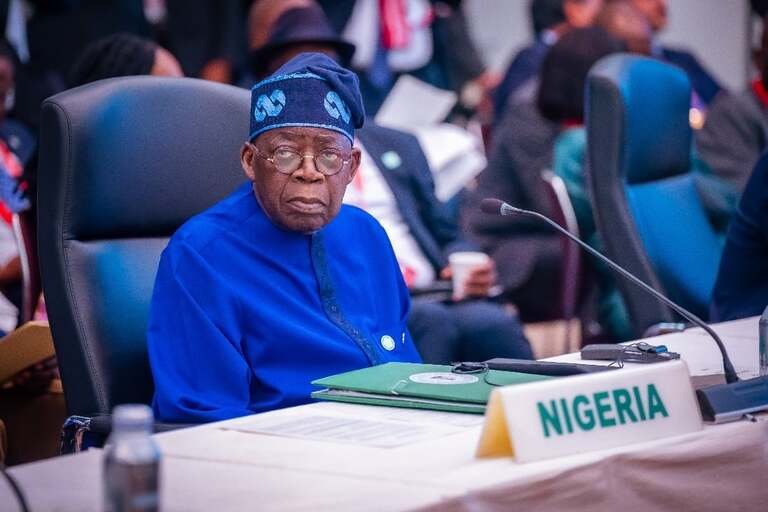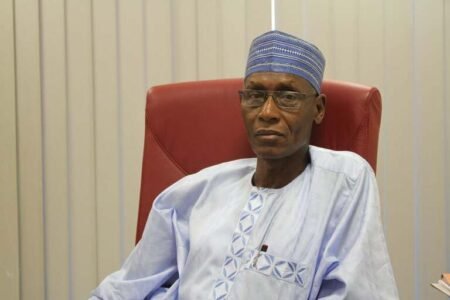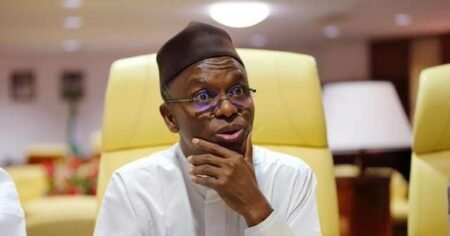President Bola Tinubu’s decision to withdraw pardons granted to convicted drug traffickers, arms dealers and other serious offenders has ignited a wider debate about what critics call his government’s growing pattern of “governance by reversal.”
The backlash erupted after Tinubu rescinded clemency previously approved under the presidential prerogative of mercy, following public outrage over names included in the initial list. The move, which came days after Nigerians condemned the blanket pardon as reckless, has prompted questions about decision-making at the highest levels of government.
Attorney General of the Federation and Minister of Justice, Lateef Fagbemi (SAN), said the President acted after consulting the Council of State. He explained that the review was to ensure that only deserving inmates who met legal and procedural standards benefited from the exercise.
According to Fagbemi, the review led to some names being delisted and others having their sentences adjusted. “Justice should not only punish but also reform and redeem,” he said, adding that the process has now been moved to the Federal Ministry of Justice for transparency.
However, the opposition has seized on the reversal as proof of inconsistency. Former Vice President Atiku Abubakar accused Tinubu of “reactive governance,” saying the President only acted after being “shamed into doing the right thing.”
“The U-turn is not an act of wisdom but of shame,” Atiku said in a statement, urging the government to publish the full list of proposed beneficiaries and name those responsible for approving the controversial clemency.
Human rights groups have also weighed in. The Human Rights Writers’ Association of Nigeria (HURIWA) praised Tinubu for listening to public outrage but called for the resignation of the Attorney General. “The AGF misled the President. In a civilised society, he would have resigned,” said HURIWA’s national coordinator, Emmanuel Onwubiko.
Other legal experts commended the President’s responsiveness but warned against what they described as the “bastardisation” of the pardon process. Lawyer Kabir Akingbolu said clemency should be reserved for reformed inmates, not “fresh convicts or high-profile offenders.”
Constitutional lawyer Evans Ufeli added that while Tinubu acted within his powers, future pardons must follow due diligence. “Such errors send the wrong message that crime can be excused,” he said.
Analysts note that this reversal fits a broader pattern. Since assuming office, Tinubu has withdrawn or amended at least eight major decisions and appointments — from the Nigerian Television Authority and the Central Bank board to the Federal Roads Maintenance Agency and the NDDC — often after public or political pushback.
Critics argue this recurring “announce-and-retract” approach undermines confidence in governance and suggests poor coordination within the presidency. Yet supporters see it as proof that Tinubu listens to public sentiment.
Either way, the episode has thrown a sharp light on the administration’s struggle to balance authority with accountability — and on the growing perception that its biggest policies now begin with a rollout and end in retreat.










